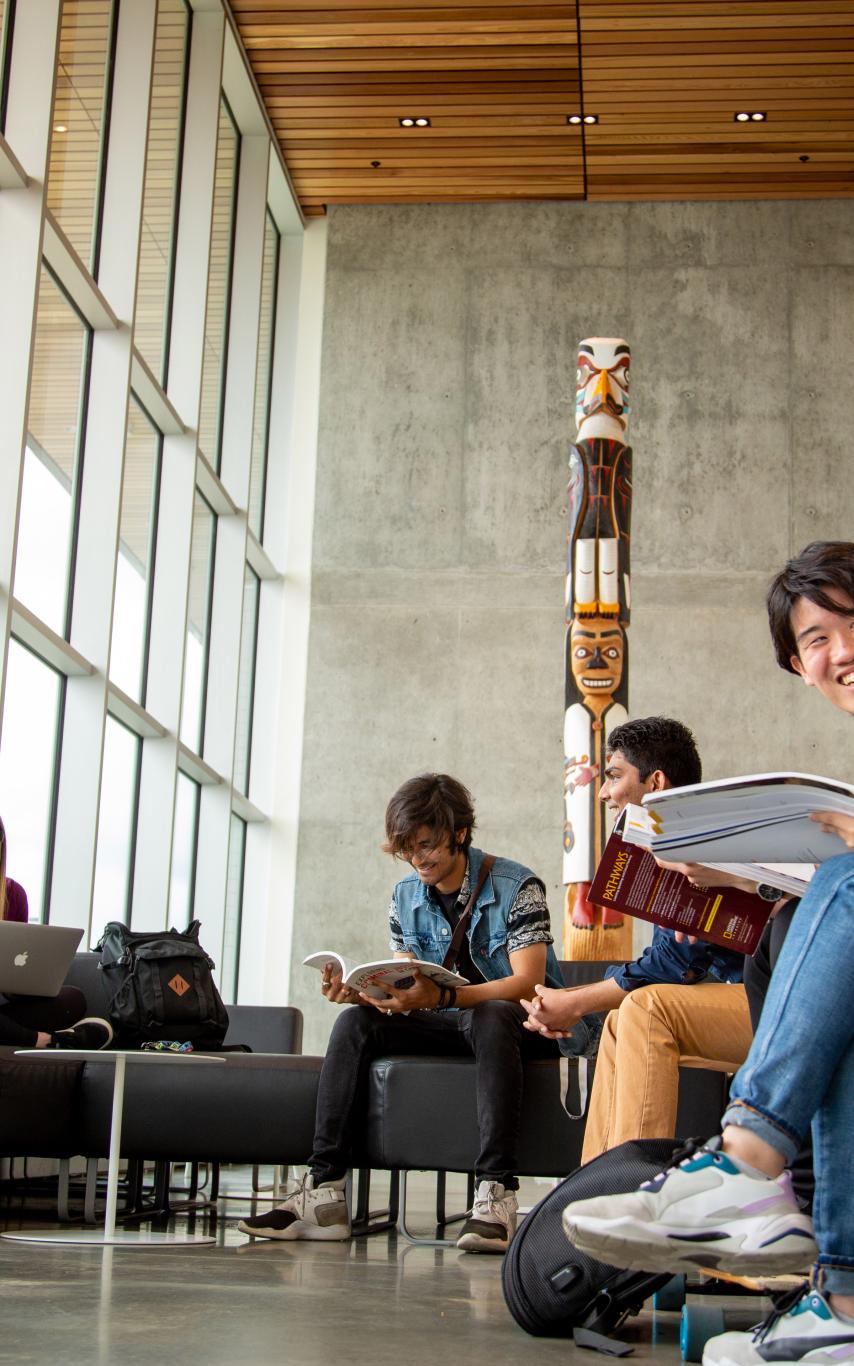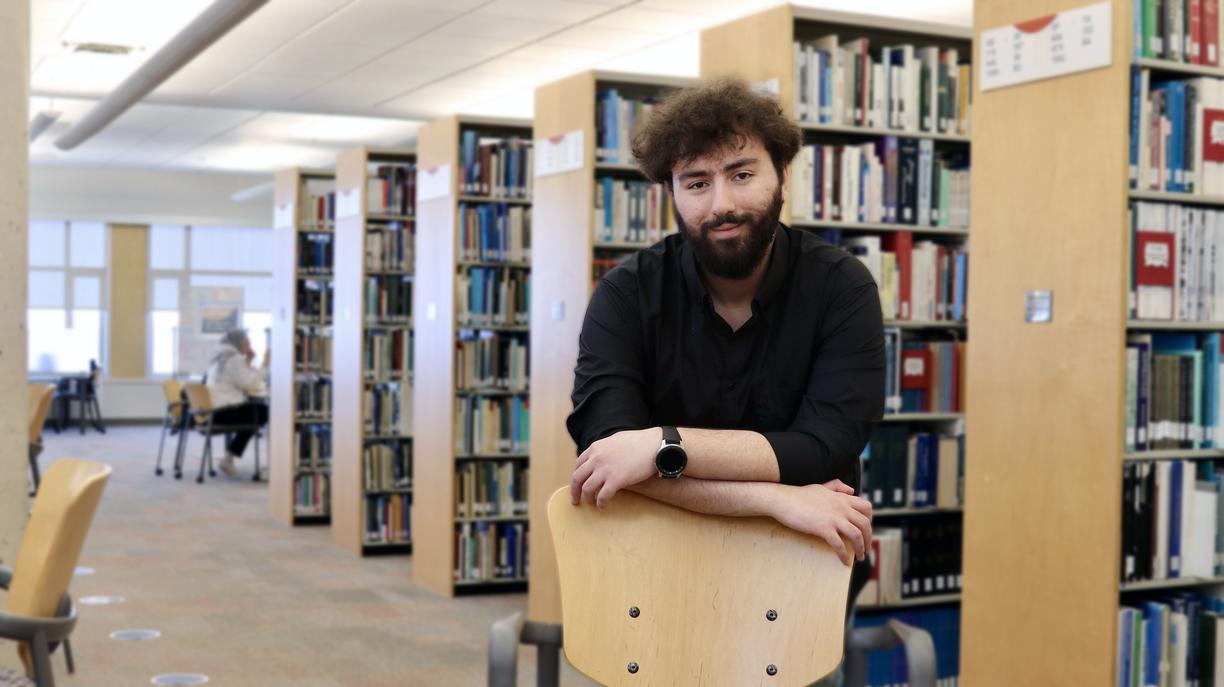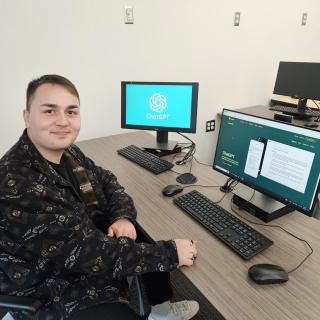Reza Arbabi is investigating the views of Canadians on this topic
Reza Arbabi is exploring the perspectives of Canadian-born people about what they know of feminist solidarity and women’s rights in Iran.
Reza is pursuing a Bachelor of Arts, Major in Psychology and Minor in Women and Gender Studies. His passion for human rights, especially women’s rights, is inspired by his mother.
As part of a research project, he has created an online survey to help create a focal point of understanding what westerners know or believe about Iranian gender equality.
What made you decide to enroll in two programs at VIU, Psychology and Studies in Women and Gender?
I was first introduced to the Psychology program through the inspiring work of Dr. Melanie O'Neill, whose passion deeply influenced my decision to pursue psychology. I chose the SWAG minor because of Professor KJ Reed’s remarkable work and the support they have provided. Their insight and dedication have inspired me to deepen my engagement with the program.
Tell us about your research project.
The project, Differences in Views on Iranian Feminism Frameworks and Neo-Liberal Feminism in Canada, is part of my directed instruction supervised by KJ Reed. The research explores how Canadian-born participants perceive and engage with Iranian women’s movements in comparison to neo-liberal feminism as practiced in Canada. Using an online survey, the study examines awareness levels, cultural understanding and the extent of global feminist solidarity. The aim is to highlight how dominant feminist narratives in Canada may overlook or marginalize non-Western frameworks, such as those emerging from Iran.
How did you choose what you wanted to research?
Feminism advocates for the rights of all women regardless of race, location or background. It is important to question how neo-liberal feminism may exclude or misrepresent global struggles.
From my learnings in the SWAG program and becoming involved in feminist circles and counter-public spaces, I grew conscious of a lack of awareness regarding Middle Eastern issues, particularly those affecting women. These conversations are often filtered through a Western lens.
Human rights, especially women’s rights, have always been a personal passion. My mother, Nooshin Zarnani, has contributed significantly to the field of women’s rights, and this has shaped my commitment to the topic. This project serves as a small tribute to her and to the many activists working in this space.
What is the overall importance of this research project?
Early results of the study suggest a lack of awareness within feminist circles, education systems, media and the public regarding women’s rights in Iran, especially when viewed through the lens of Western feminism.
Canada is a multicultural nation that welcomes people from around the world, which is beautiful. However, it’s crucial to recognize that marginalized groups within and beyond Canada are still fighting for the same rights.





